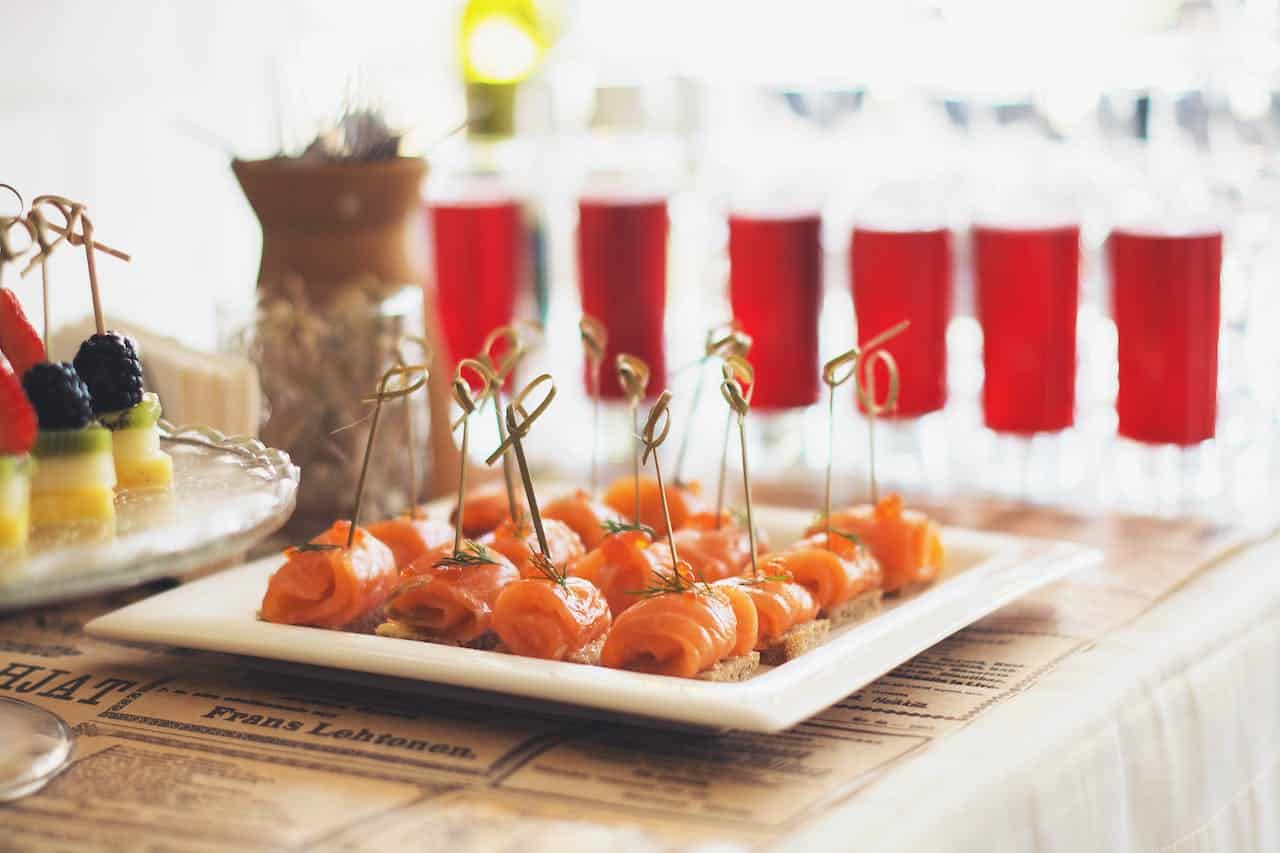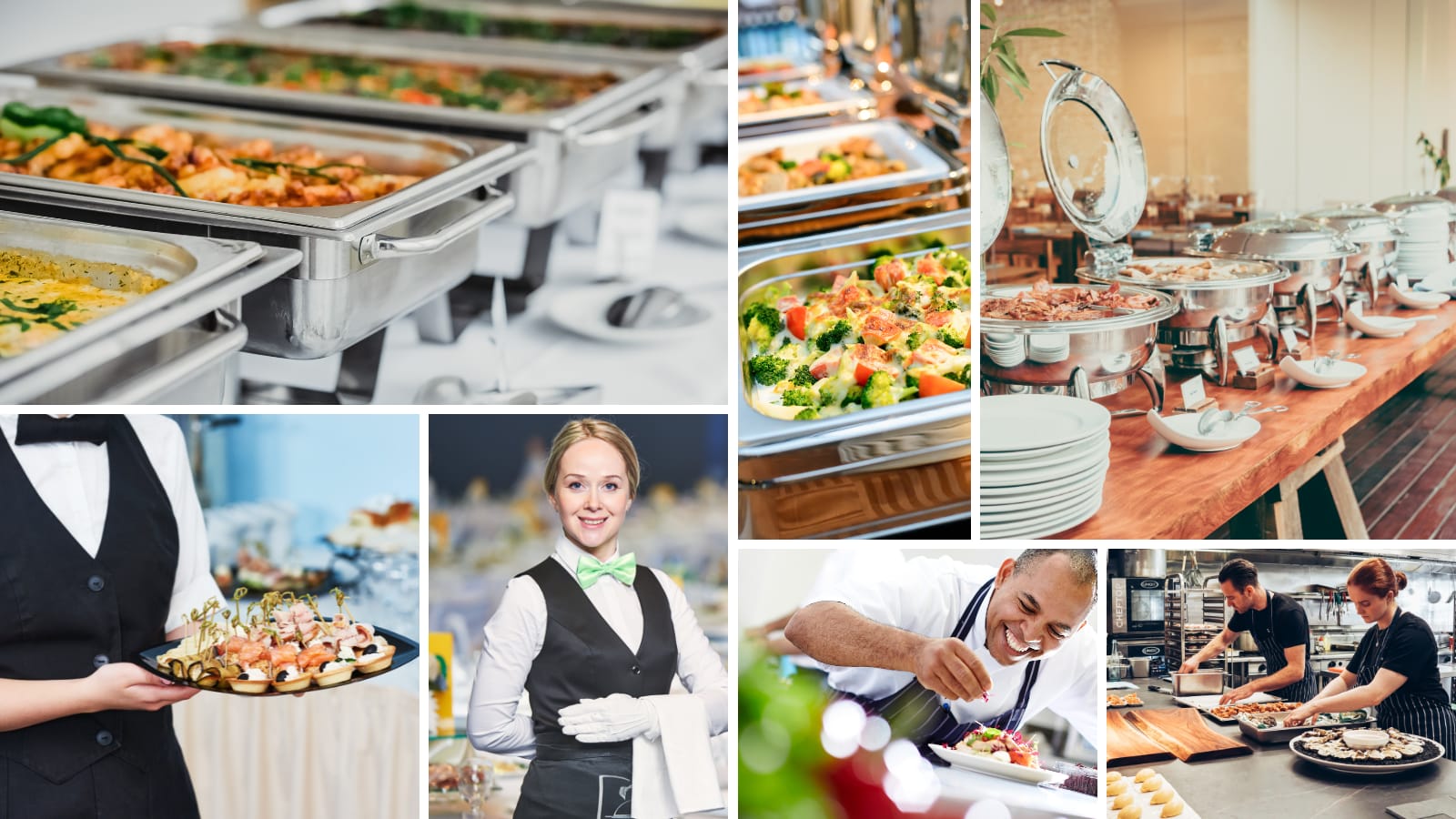Choosing Countertops
Choosing Countertops
 Building a new kitchen? Remodelling your old one? Either way designing your cooking space can be a mixture of both fun and tricky. Nowadays countertops in the kitchen are expected to do so much more than just provide space. We want countertops to be easy on the eye, durable, easy to clean, stand up to the heat and protect against food stains.
Building a new kitchen? Remodelling your old one? Either way designing your cooking space can be a mixture of both fun and tricky. Nowadays countertops in the kitchen are expected to do so much more than just provide space. We want countertops to be easy on the eye, durable, easy to clean, stand up to the heat and protect against food stains.
Astonishingly there are a variety of materials both natural and man-made that conquers all these needs. There are a range of materials to consider when choosing pre built countertops or designing your very own for the kitchen, some of these are listed below with some advantages and disadvantages to help you decide which is best for you and your kitchen:
Wood – The advantages of wood are its warm presence and pleasing resilience. Practical to even be used as a chopping board and the scratch marks can be easily sanded away or even seen as characteristic features. One downfall is that wood is susceptible to water damage.
Stone – Slab stone is heat resistant and popular for many countertops. It can be quite expensive, heavy and cold to touch. There are many beautifully stone countertop designs; soapstone is the best for stain resistance. Stain and scratch resistance may vary depending on individual stone material.
Concrete – These types of countertops are usually moulded and formed upside down in place and can be made in virtually any shape or design you like. The advantages are they are durable and long-lasting for the kitchen design and also practical as they are both heat and scratch resistant. Disadvantages are if not made with quality concrete and the correct mix they have been known to develop some cracks. Although overall they are a great all-rounder for functionality.
Ceramic tile – Similar to concrete, tile is a great all-rounder material covering flexibility and durability. Tiles come in many design textures, sizes and colours to choose from. The only downside is sometimes the grout left between the tiles can become very hard to keep clean and stain quite quickly.
Sheet Metal – Like stone and concrete countertops, stainless steel can be modified easily on site and are usually fabricated from templates. Counters can be fashioned from zinc, copper and nickel but prices are usually quite higher. The only downfall is that it can be easily dented.
Some other factors to consider are the following:
Hygienic – you need to consider how hygienic the exterior of the worktops are for cooking and if certain materials will work.
Space – If you love to cook then you will know that it’s vital to have a good source of preparation space on the counter, therefore you need to design the shape of countertops that will work well for you and fit into your lifestyle.
Value – The cost and setting up of the material in general
Once you have considered all of the above materials its best to shop around and find the best price keeping within your set budget. Once the countertops have been installed in your kitchen, you will gain more of an insight to how you want the overall kitchen design to be and everything will fall nicely into place.


